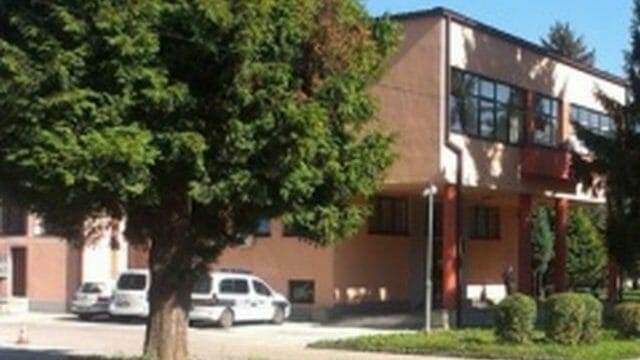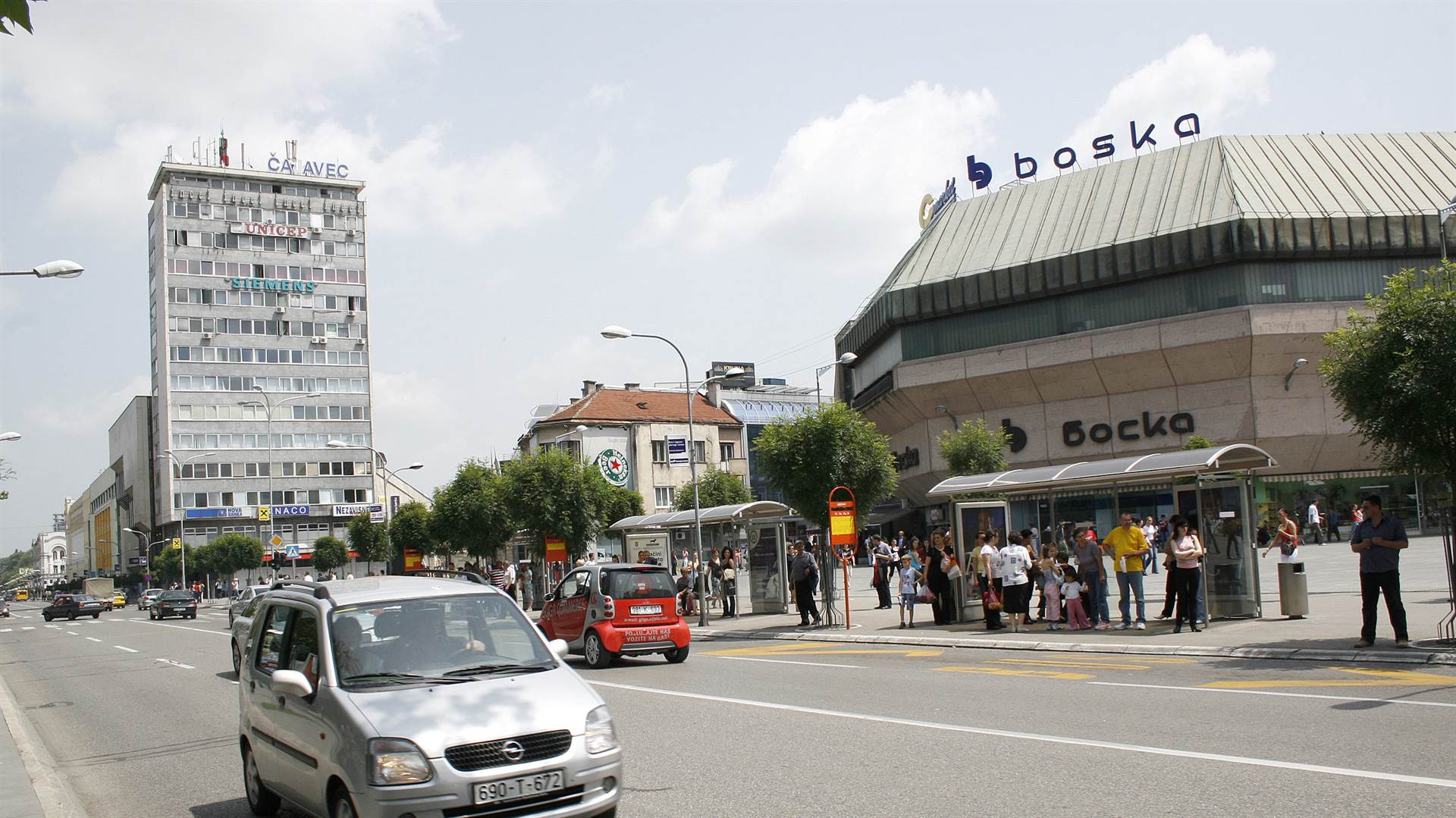This post is also available in: Bosnian
The cantonal prosecution of Sarajevo has charged Papic, the former commander of a battalion with the First Sarajevska Brigade of the Bosnian Serb Army, with the inhumane treatment, intimidation and abuse of civilians from 1992 to 1994. He allegedly forced civilians to perform hard labour and exposed them to life threatening situations in Sarajevo.
Prosecution witness Emina Colpa testified at today’s hearing. Colpa said her husband, Nedzad, was recruited by a work squad late into the summer of 1992. She said a man named Putnik came to their apartment and said “commander Papic ordered him to bring people to the work squad.”
“My husband Nedzad told me he was the first on Papic’s list of people to be murdered. He told him he wouldn’t leave Grbavica until he had killed him. He ordered others to cut his hair, shave him and beat him. Along with other members of the work squad, he participated in the evacuation of bodies,” Colpa said.
Colpa said her husband couldn’t reject Papic’s orders, because he was told his family would be killed.
“My husband was killed at the Jewish Cemetery in January 1994…I found his body in the Kasindol hospital,” Colpa said.
During cross-examination, Colpa said Papic never mistreated or attacked her and her children.
Edhem Karadzija, a witness for the prosecution, also testified at today’s hearing. Karadzija said he was recruited by a work squad in 1992. He said Gilmar Mitrovic was the squad commander.
“I used to meet Papic during the war. He was rather distinct…He used to wear a leather hat, two pistols and boots. I know he was a commander on the frontline in Kovacici. He didn’t threaten me personally, but we were afraid of him. We heard all sorts of things were happening. He looked like a sheriff. We were glad when we heard he had left,” Karadzija said.
He said he was exposed to danger every day and said that some people went missing.
“We didn’t dare refuse the orders to work. They would always tell us to be careful, as our family members would face the consequences. We didn’t get any remuneration for our work. The mere fact that we were alive was our remuneration,” Karadzija said.
The trial will continue on December 8.




